Product Consultation
Your email address will not be published. Required fields are marked *
Hydraulic cylinders are fundamental components in a wide range of industrial machinery, construction equipment, agricultural machines, and manufacturing systems. They provide the linear motion and force necessary for lifting, pressing, or moving heavy loads with precision and reliability. Despite their robust engineering, hydraulic cylinders are exposed to continuous mechanical stress, pressure fluctuations, and environmental factors, which can cause wear or malfunction over time. Early detection of operational issues is essential, and understanding the most common signs of hydraulic cylinder problems helps operators determine when to seek professional Hydraulic Cylinder After-sales support for inspection, maintenance, or repair.
Content
A key indicator of hydraulic cylinder malfunction is hydraulic fluid leakage. Leaks can occur at the rod seal, gland, or cylinder barrel due to worn seals, damaged rods, or improper installation. Fluid loss not only reduces the operational efficiency of the cylinder but can also lead to environmental contamination, increase the risk of slipping hazards, and affect the performance of the entire hydraulic system. Even minor leaks, if ignored, can progressively worsen and cause internal damage. Engaging professional Hydraulic Cylinder After-sales services ensures that seals are replaced correctly, rods and barrels are inspected for damage, and the hydraulic system is restored to optimal functionality.

During normal operation, hydraulic cylinders function smoothly and quietly. If operators notice hissing, knocking, grinding, or rattling sounds, it may indicate problems such as trapped air in the hydraulic fluid, worn internal bearings, or damage to pistons and rods. These noises are often precursors to more severe mechanical failures. Addressing them promptly with professional Hydraulic Cylinder After-sales inspection helps prevent further deterioration and maintains consistent operational efficiency. Additionally, unusual vibrations may signify misalignment or imbalance within the hydraulic system, which requires timely corrective measures.
A hydraulic cylinder that moves slower than usual, exhibits jerky or uneven motion, or fails to reach its full stroke length often signals internal malfunction. Causes may include internal leakage, contaminated hydraulic fluid, pressure loss, or damaged seals and pistons. These issues can significantly impact the precision of machinery, reduce production efficiency, and increase wear on connected components. Timely engagement with Hydraulic Cylinder After-sales services allows for a comprehensive diagnosis, repair, and recalibration of the cylinder, ensuring smooth, predictable movement and restoring load-handling capabilities.
The piston rod is a critical component that must remain straight, smooth, and corrosion-free. Visible bending, scoring, pitting, or rusting of the rod can cause severe damage to seals, reduce hydraulic efficiency, and compromise overall cylinder performance. Misalignment between the rod and cylinder barrel can lead to uneven wear, internal binding, and even total cylinder failure. Expert Hydraulic Cylinder After-sales teams are equipped to repair or replace damaged rods, recondition the cylinder, and ensure proper alignment, which extends service life and prevents unexpected breakdowns.
Hydraulic cylinders may fail to achieve full pressure or experience a reduction in load-bearing capacity due to worn seals, internal leaks, or structural defects. This decrease in performance can directly affect operations in lifting, pressing, or positioning tasks, reducing productivity and safety. Engaging professional Hydraulic Cylinder After-sales service ensures precise pressure testing, detection of internal leaks, and corrective repairs or replacements to restore full operational capacity. Regular maintenance under after-sales programs can also prevent gradual degradation of cylinder performance over time.
Overheating is another significant indicator of hydraulic cylinder problems. Excessive heat can result from internal friction, overloading, contamination in the hydraulic fluid, or inadequate cooling. Persistent overheating accelerates wear on seals, rods, and other components, which can lead to premature failure. Professional Hydraulic Cylinder After-sales inspection identifies the root causes of overheating, recommends operational adjustments, and implements solutions such as fluid replacement, component repair, or system recalibration to prevent recurrence.
Hydraulic systems rely on clean, high-quality fluid for optimal performance. Contamination by dirt, metal particles, or degraded hydraulic fluid can damage seals, pistons, and rods, leading to malfunctions that manifest as jerky movement, noise, or leakage. After-sales services typically include fluid analysis, filtration, and replacement, which are essential to maintain cylinder reliability. By addressing contamination issues early through Hydraulic Cylinder After-sales, operators can prevent more serious mechanical damage and reduce long-term maintenance costs.
Engaging professional Hydraulic Cylinder After-sales services is crucial not only for repairing visible damage but also for implementing preventive measures. After-sales programs often include routine inspection schedules, maintenance guidance, technical support, and spare part replacement, ensuring that hydraulic cylinders remain reliable, safe, and efficient over time. By detecting early signs of malfunction—such as leaks, unusual noises, slow movement, rod damage, pressure loss, overheating, and contamination—after-sales support helps minimize downtime, reduce repair costs, and extend the service life of hydraulic systems.
Hydraulic cylinders are vital to the operation of industrial machinery, and recognizing the common signs of malfunction is essential for maintaining productivity and safety. Indicators such as fluid leaks, unusual noises, jerky or slow movement, rod damage, reduced load capacity, overheating, and contamination should trigger professional intervention. Utilizing expert Hydraulic Cylinder After-sales services ensures thorough inspection, repair, and preventive maintenance, allowing machinery to operate efficiently while reducing the risk of unexpected failures. A proactive approach to after-sales maintenance ultimately maximizes the lifespan and performance of hydraulic cylinders in demanding industrial environments.
Your email address will not be published. Required fields are marked *
Marvelous Design Meets Rigorous Manufacturing
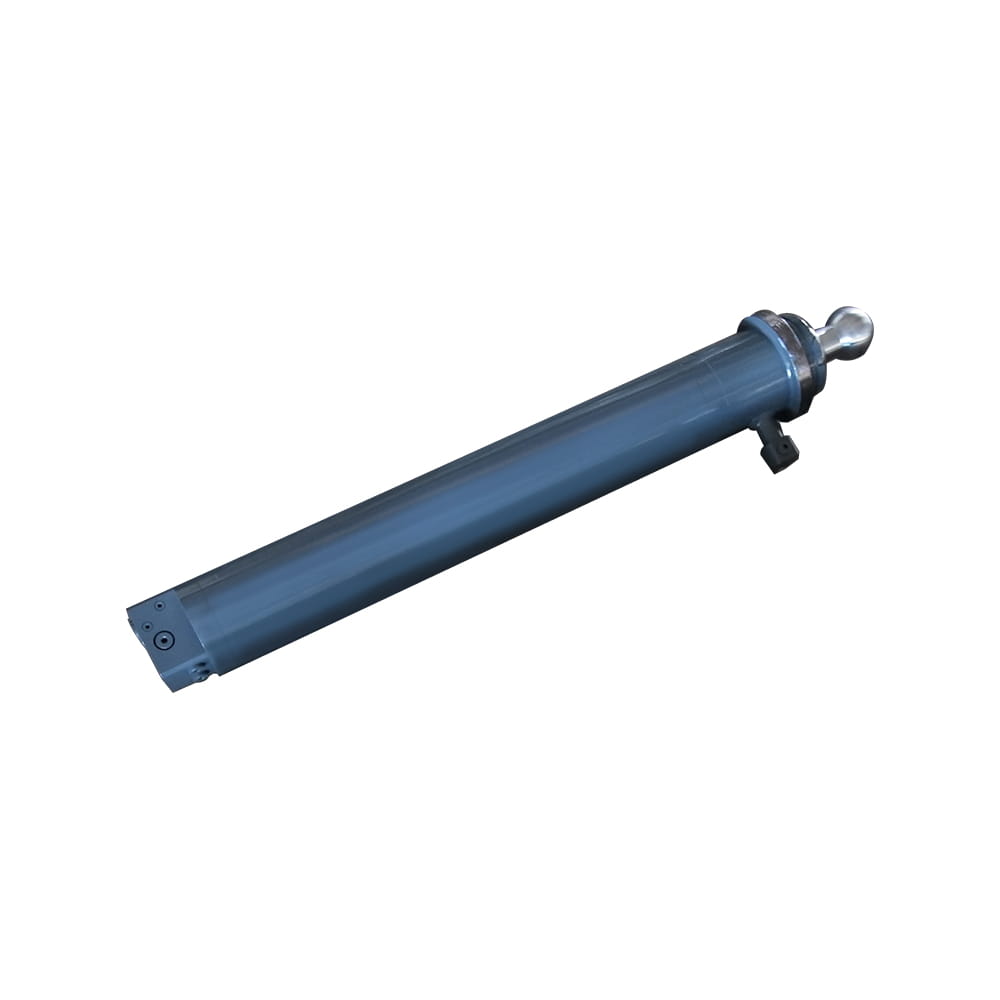 Scissor Lift Aerial Platform Hydraulic Outrigger Cylinder
Scissor Lift Aerial Platform Hydraulic Outrigger Cylinder
Function: Firmly Supports the Vehicle: Ensures stability during operation. The ball-head foot automatically levels on slopes, while the integrated balance valve...
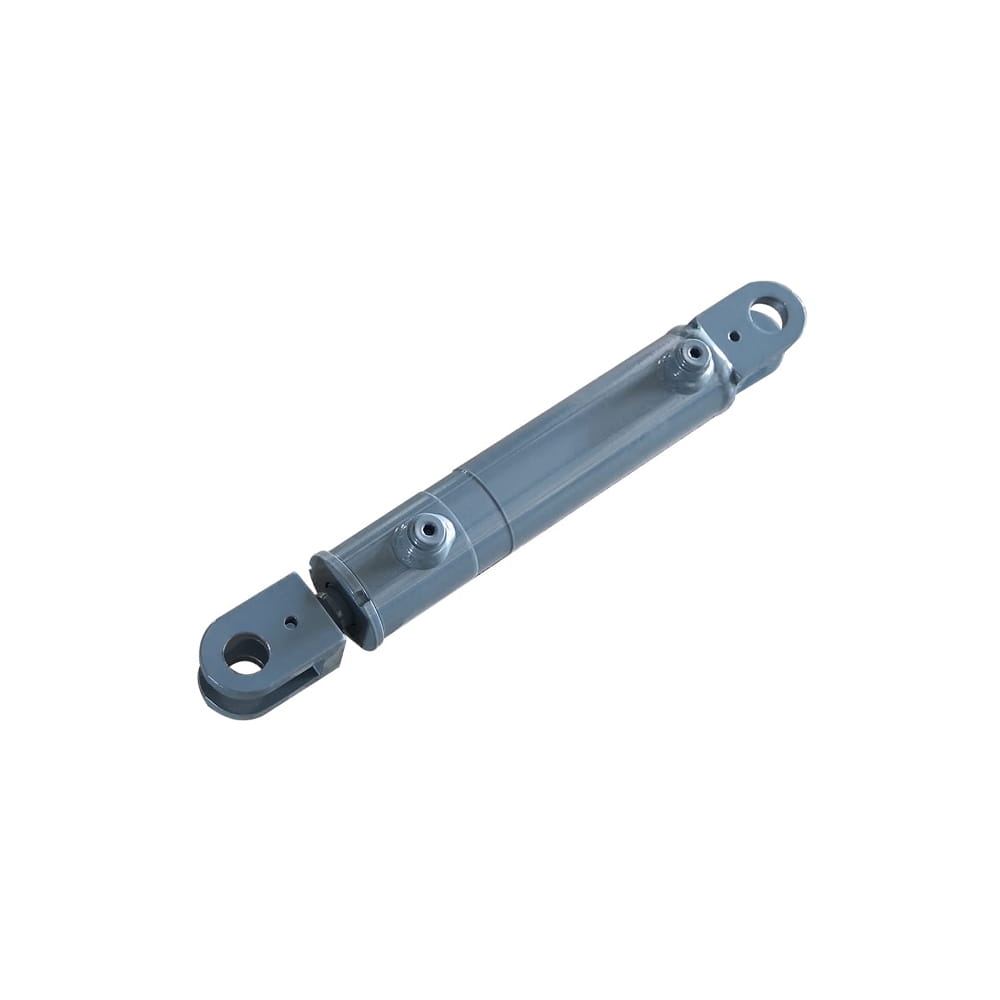 Scissor Lift Aerial Platform Hydraulic Steering Cylinder
Scissor Lift Aerial Platform Hydraulic Steering Cylinder
Function: Connecting Chassis and Wheel Hub: Through hydraulic pressure, drives the piston rod to move, enabling precise wheel hub rotation. This ensures platfor...
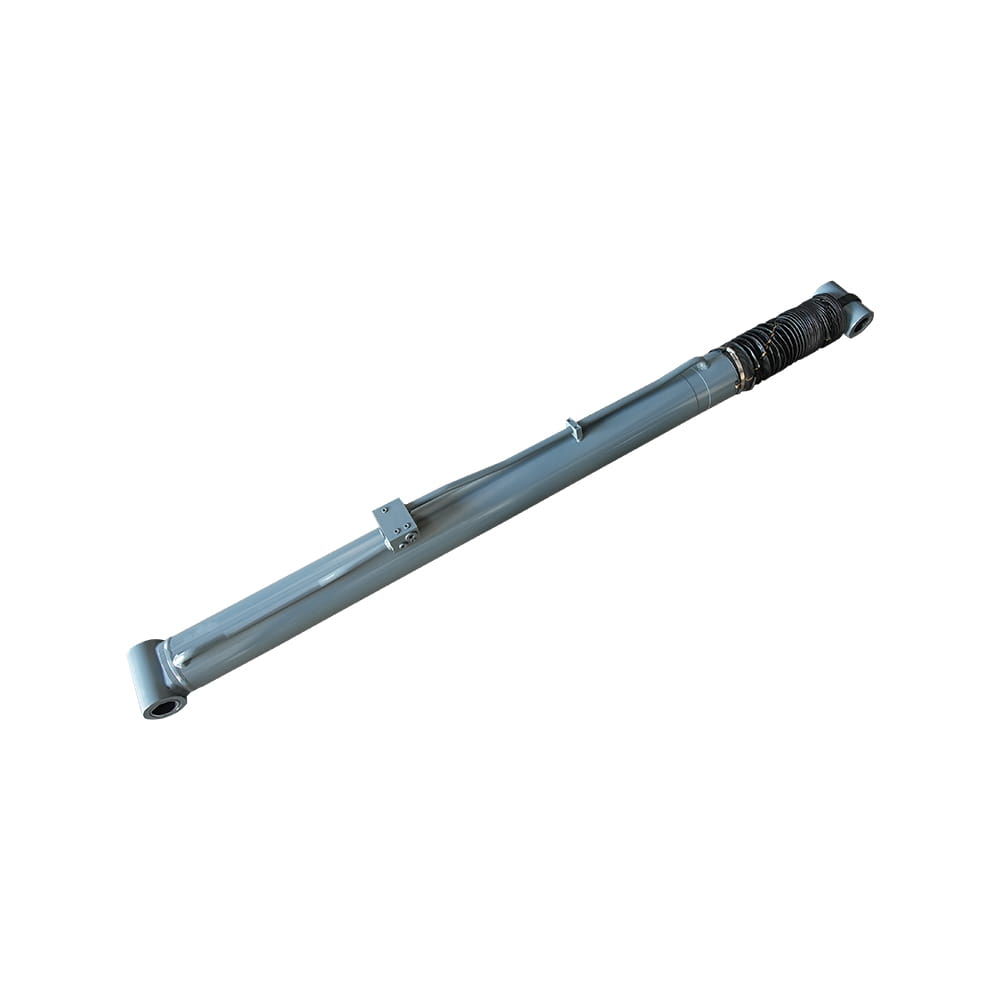 Boom Lift Aerial Platform Hydraulic Luffing Cylinder
Boom Lift Aerial Platform Hydraulic Luffing Cylinder
Function: Adjust the angle of the telescopic arm to flexibly position the work platform at various heights and positions, meeting diverse aerial work requiremen...
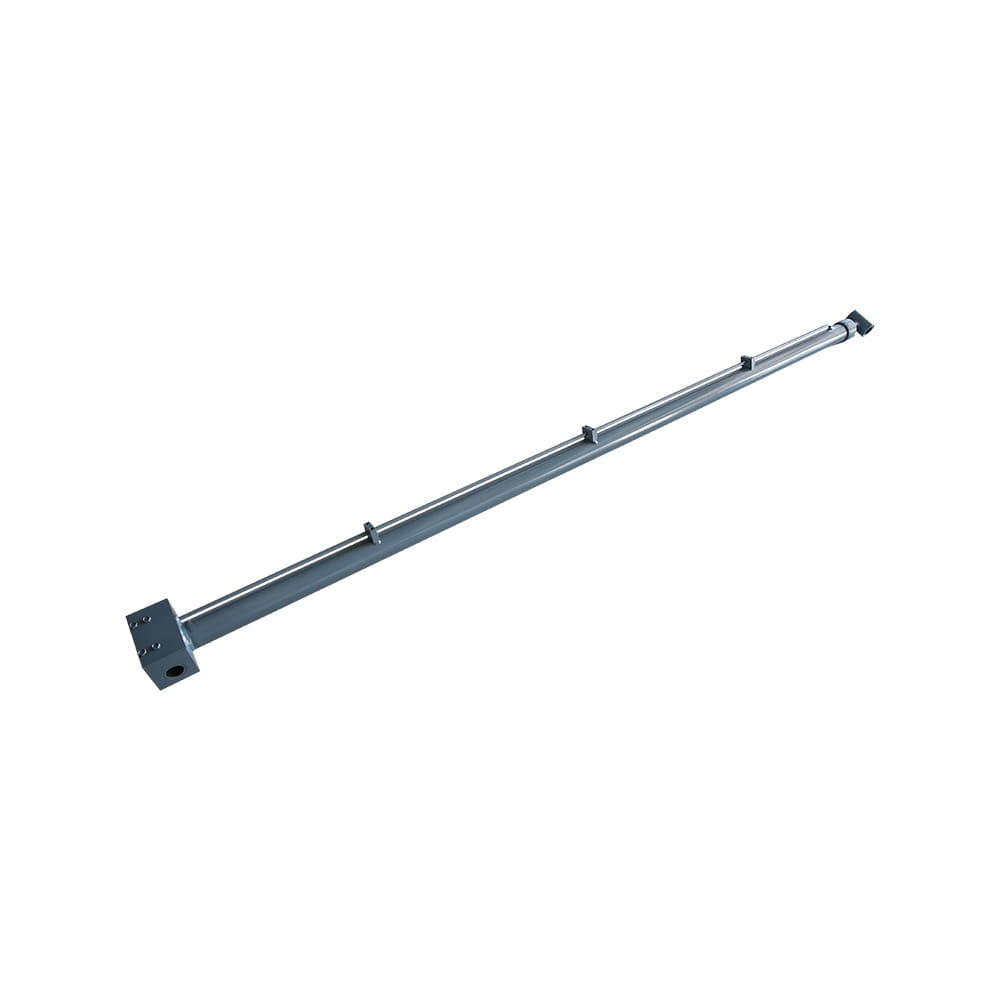 Boom Lift Aerial Platform Hydraulic Telescopic Cylinder
Boom Lift Aerial Platform Hydraulic Telescopic Cylinder
Function: Adjust the length of the arm to allow the aerial work platform to lift and move flexibly, ensuring range and height requirements.
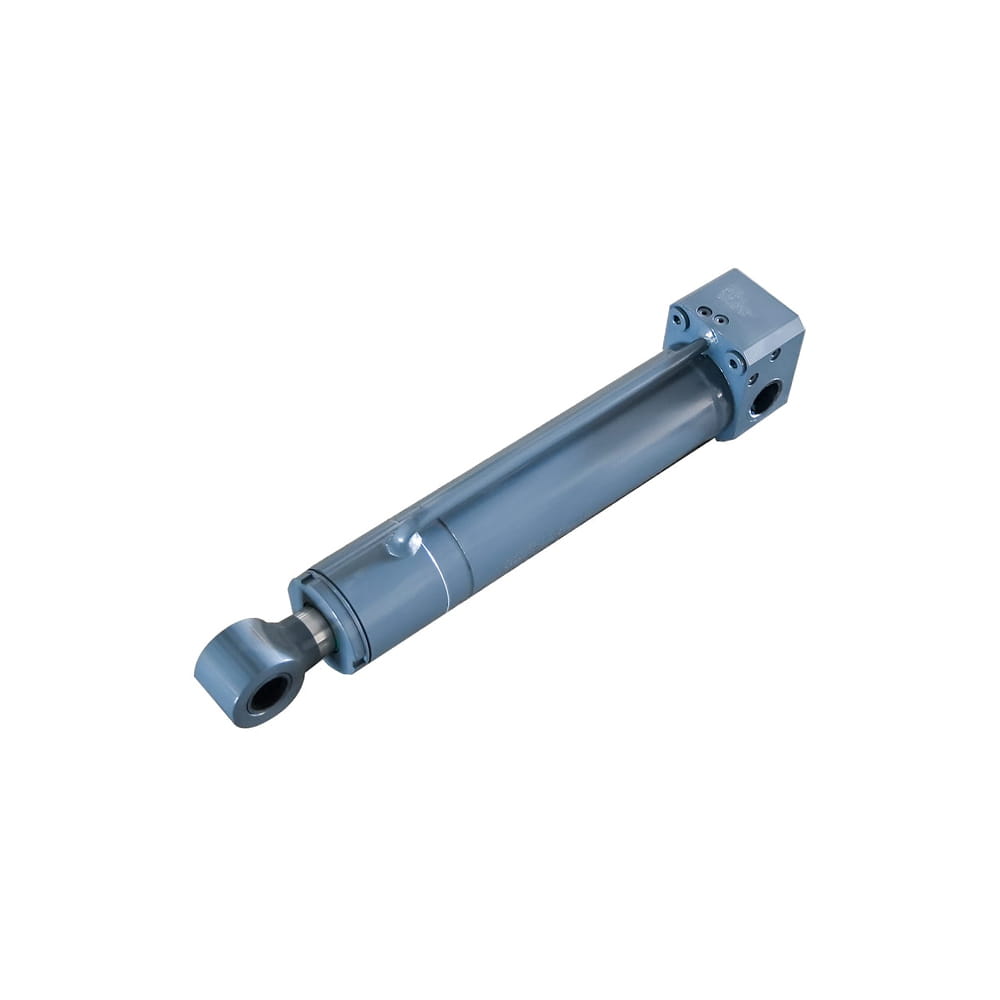 Boom Lift Aerial Platform Hydraulic Frame Leveling Cylinder
Boom Lift Aerial Platform Hydraulic Frame Leveling Cylinder
Function: Automatically adjust the chassis at the bottom of the platform to a level state, ensuring stable and wobble-free support in different terrains and wor...
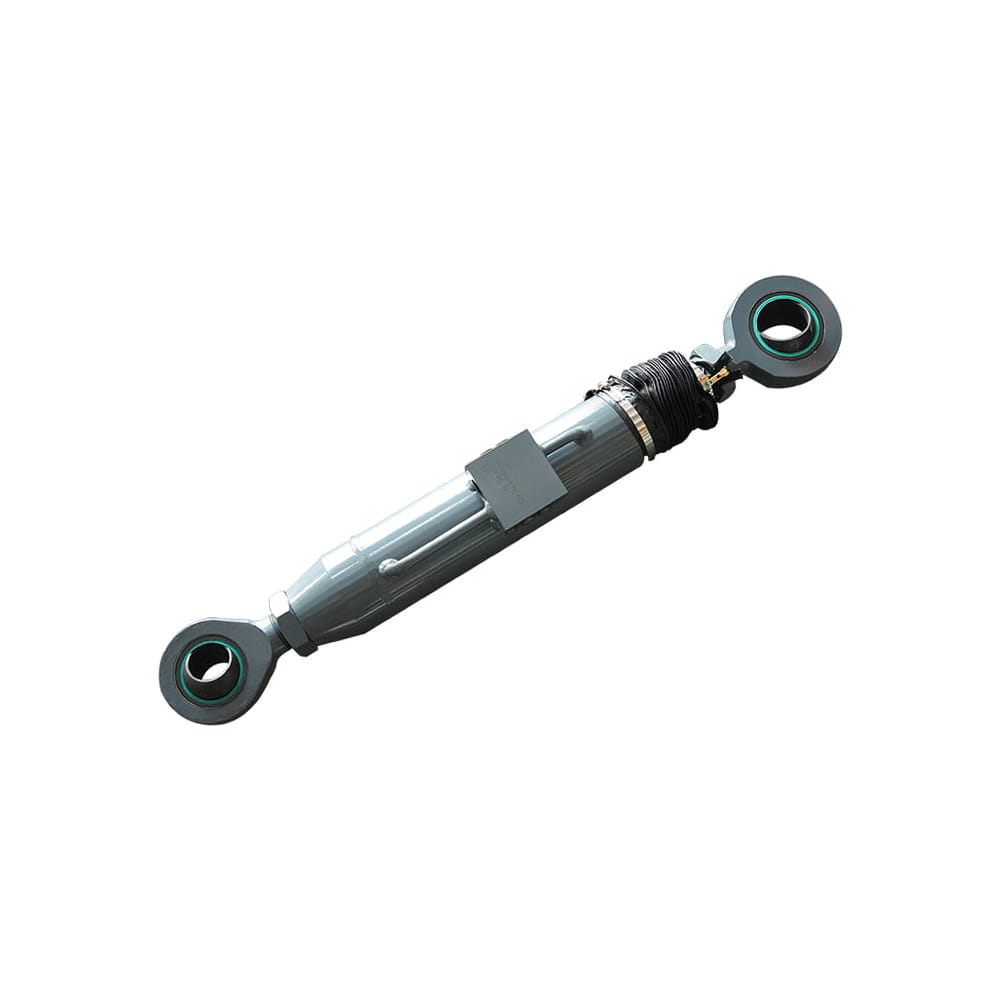 Boom Lift Aerial Platform Hydraulic Bridge Extension Cylinder
Boom Lift Aerial Platform Hydraulic Bridge Extension Cylinder
Function: An important design that enhances adaptability and working range. This function allows the platform to widen its chassis under specific conditions to ...
Copyright © by Zhejiang Huanfeng Machinery Co., Ltd. Rights Reserved.
